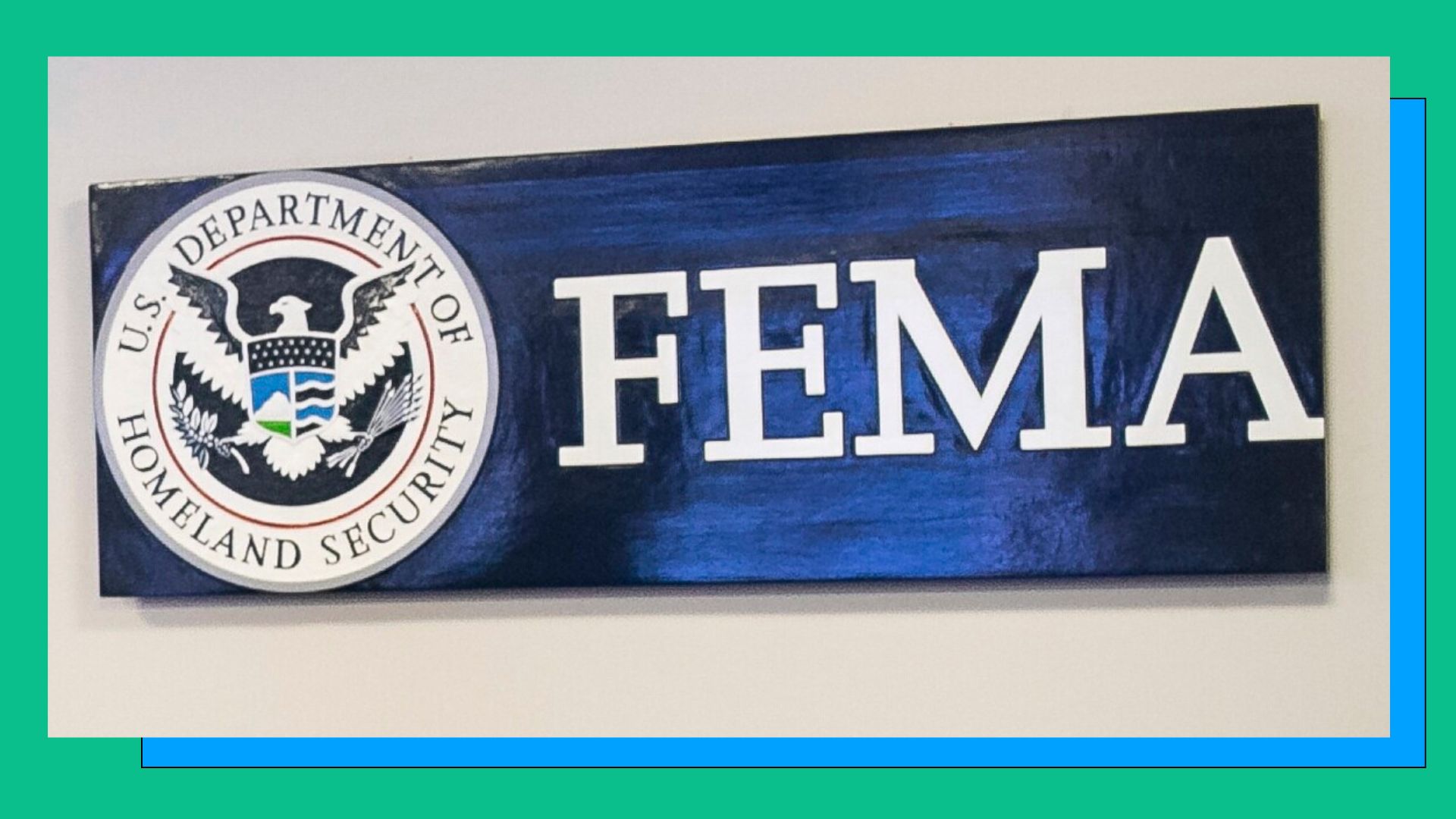As the 2025 Atlantic hurricane season approaches, the Federal Emergency Management Agency (FEMA) has significantly curtailed its in-person emergency preparedness training for state and local officials. This reduction stems from President Trump’s directive to minimize federal agency roles and reduce FEMA’s scope, leading to concerns among emergency management experts about the nation’s readiness for the anticipated 17 named storms and nine hurricanes this season.
Approximately one-third of FEMA’s workforce has departed since President Trump took office. Additionally, travel restrictions and administrative approvals have limited staff participation in essential conferences and training events. Consequently, many FEMA hurricane training sessions have transitioned online, a format experts argue is less effective for practical learning and critical relationship-building.
The National Emergency Management Association and several state officials have expressed concerns that states lack the resources to compensate for FEMA’s scaled-back involvement. The reduction of FEMA personnel at conferences, such as the cancellation of key sessions at April’s National Hurricane Conference, has further hindered the dissemination of updated forecasting tools and preparedness strategies to local agencies.
Despite these challenges, some states like North Carolina and Louisiana continue internal disaster training using FEMA-certified trainers. However, the overall preparedness for the upcoming hurricane season may be compromised due to the reduced federal support and resources.












